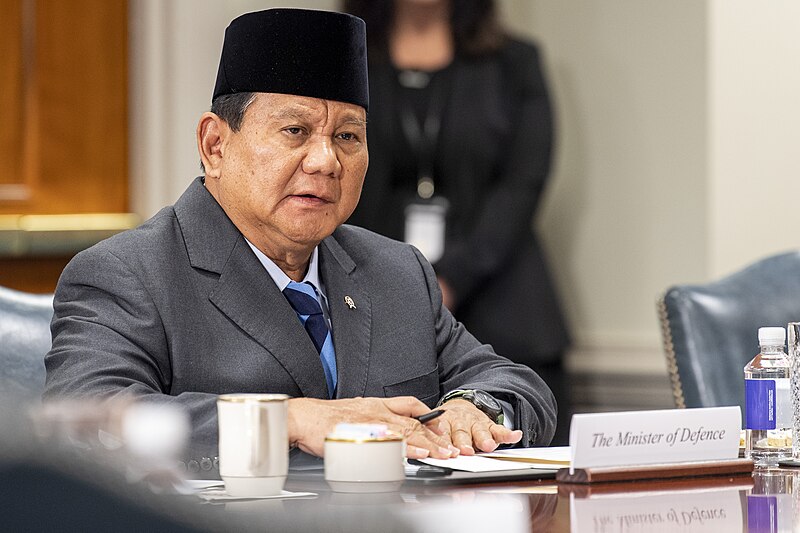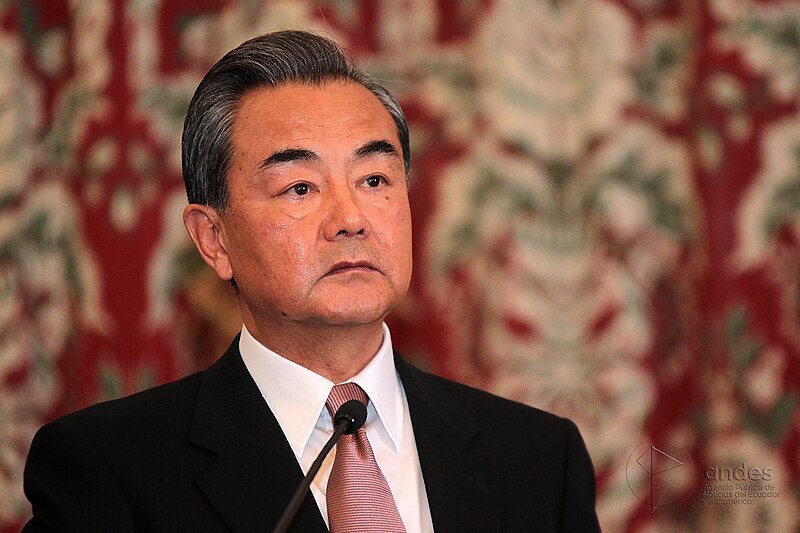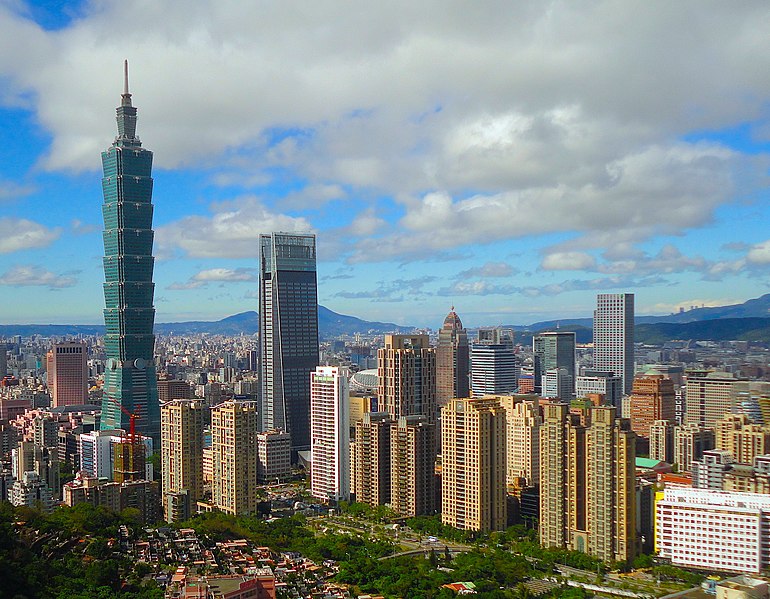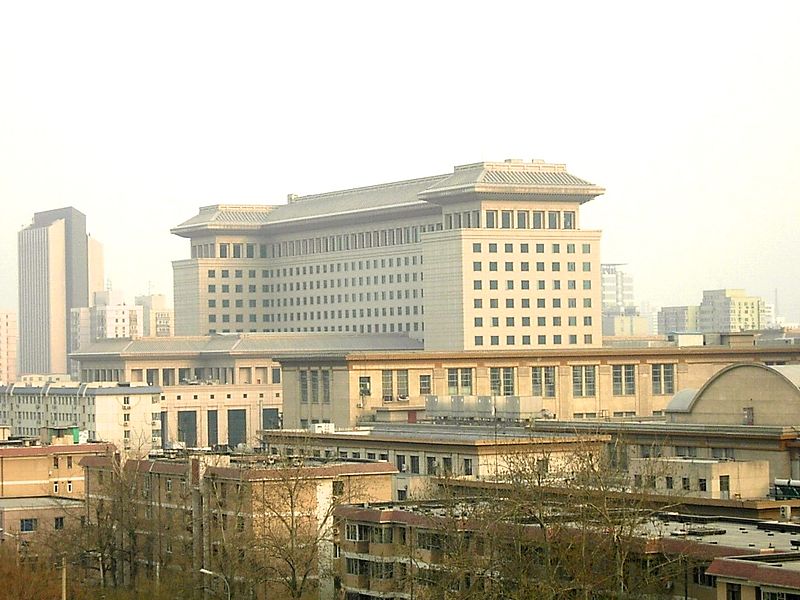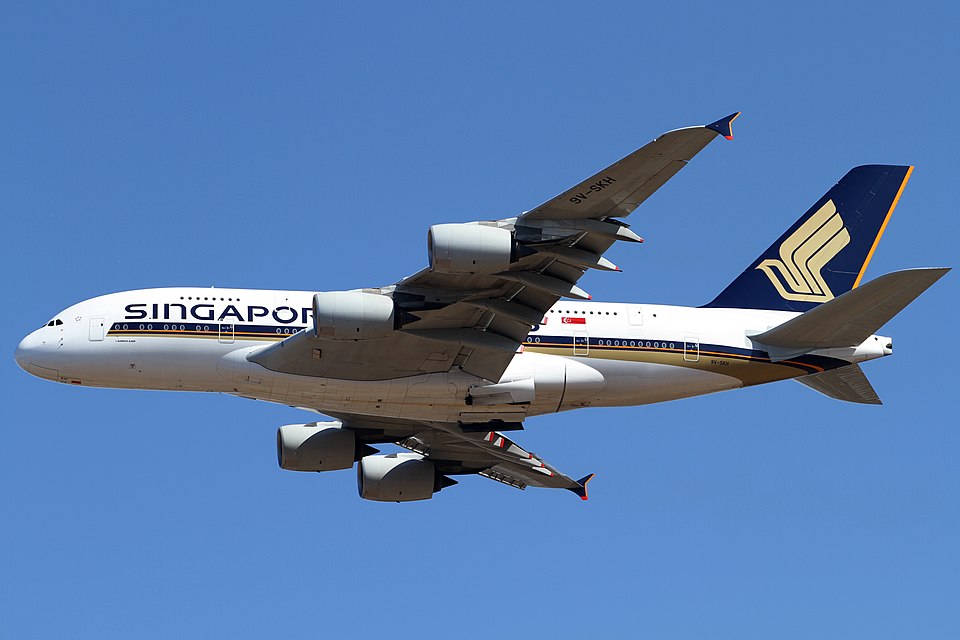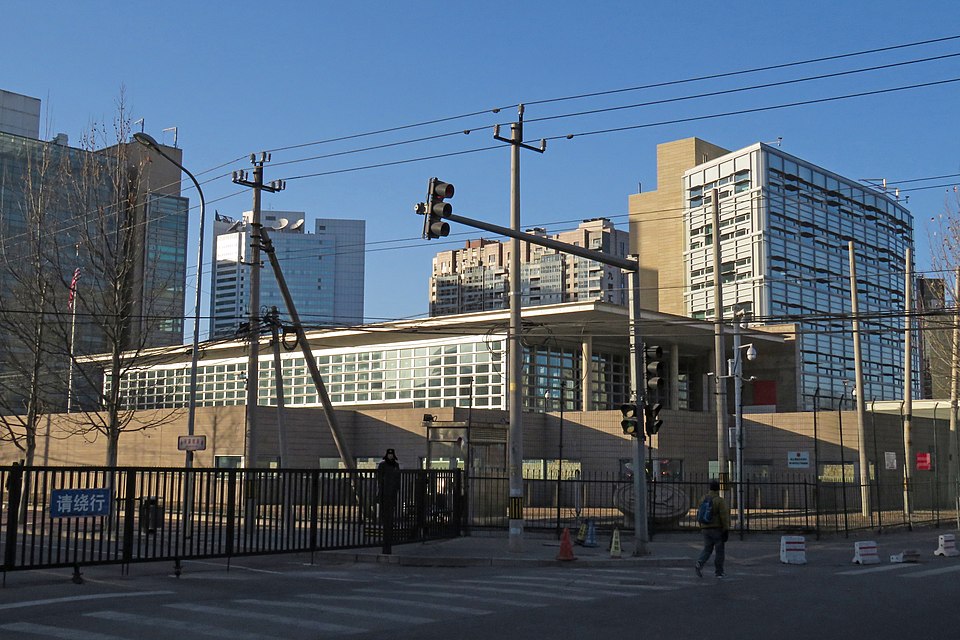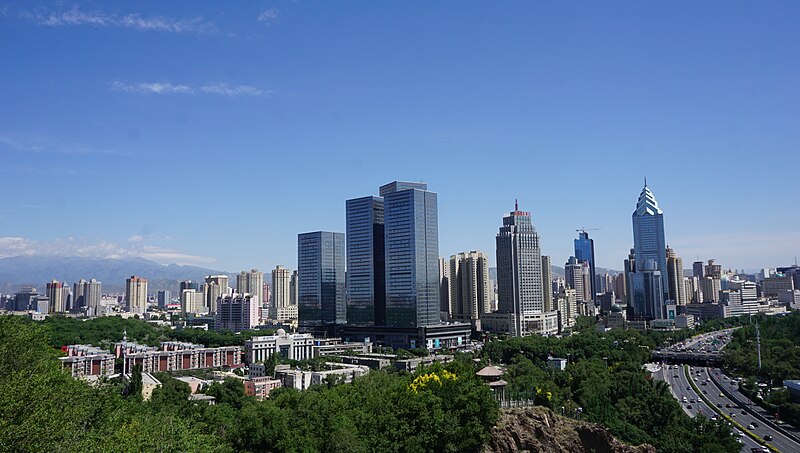
China announced on Sunday that it has implemented countermeasures against two Canadian institutions and 20 individuals for their involvement in human rights advocacy related to
the Uyghurs and Tibet.
The sanctions, effective as of Saturday, include asset freezes and travel bans. Among the targeted entities are the Uyghur Rights Advocacy Project and the Canada-Tibet Committee, according to a statement published on China’s foreign ministry website.
Rights organizations have accused Beijing of extensive human rights violations against the Uyghurs, a predominantly Muslim ethnic minority of approximately 10 million people in Xinjiang. Allegations include mass detentions and forced labor in state-run camps—claims that Beijing firmly denies.
China asserts that its control over Tibet, established in 1950, was a "peaceful liberation" aimed at ending feudalistic serfdom. However, international human rights groups and Tibetan exiles have consistently criticized Beijing for imposing oppressive policies in the region.
As part of the sanctions, China stated that it is freezing all movable and immovable assets of the two Canadian institutions within its jurisdiction. Additionally, the assets of 15 individuals associated with the Uyghur Rights Advocacy Project and five linked to the Canada-Tibet Committee will also be frozen. All sanctioned individuals are barred from entering China, including Hong Kong and Macau.
Attempts to contact the Canadian embassy in Beijing for comments were unsuccessful. There was no immediate response from the rights organizations or Global Affairs Canada at the time of reporting. Photo by Albertaont at English Wikipedia.
